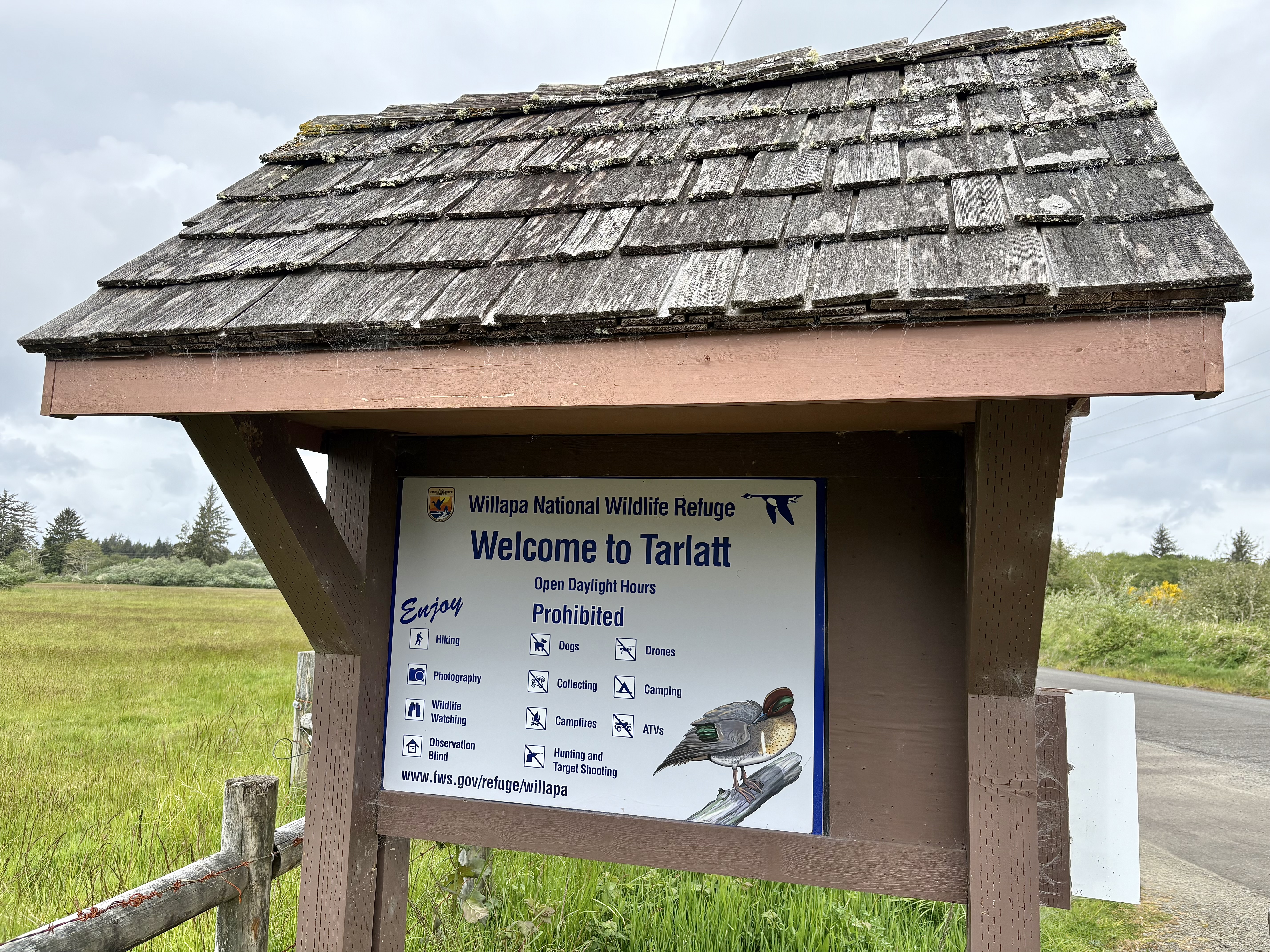Guest Column: Serving up news literacy at the holidays
Published 12:30 am Thursday, December 15, 2022
We’re in the midst of the holiday season of family activities, social gatherings and small talk with people we don’t see very often. Inevitably, those conversations drift into uncomfortable topics about November’s political outcomes, “real news” and Uncle Joe’s claim that the latest Facebook viral post is the gospel truth.
Trending
It’s enough to make anyone excuse themselves for another eggnog.
Unfortunately, most people do not have the skills to determine real news from fabrications. A 2019 State of Critical Thinking study commissioned by MindEdge and conducted by Qualtrics found that a large majority of college-educated Americans could not pass a basic nine-question digital literacy, fake news identification and critical thinking skills test. That’s right. Seven out of 10 surveyed could not answer more than half of the nine questions correctly.
When the majority of the public can’t pass a fake news quiz, we have a problem far bigger than our conversations around the holiday dinner table. The public has a basic literacy problem. We use information we trust to be true to inform how we vote, spend money and make life decisions. If these decisions are based on bad information, the outcomes are likely to be bad as well.
Trending
The News Literacy Project (http:newslit.org) is a nonpartisan education nonprofit that has been working to teach people of all ages and backgrounds how to “ identify credible news and other information and understand the indispensable role a free press has in a democracy.”
The project specifically offers tools for educators to use in classroom lessons, but has helpful tips for everyone who wants to learn to fact-check and identify doctored photos and false claims. Their “Checkology” and “The Sift” e-newsletters are free with sign up and there are video lessons online. If you’d like to take a news literacy quiz they have several on the site https://newslit.org/tips-tools/?tool_type=quizzes.
Here are questions the News Literacy Project recommends to ask about dubious information:
• Is it authentic?
• Has it been posted or confirmed by a credible source?
• Is there evidence that proves the claim?
• Is the context accurate?
• Is it based on solid reasoning?
Yet even asking more questions can lead to confusion about where to go for credible fact-checks. Fact-checking a claim with a source that isn’t credible just doubles down on bad information.
The International Fact Checking Network, launched in 2015 by nonprofit media training organization the Poynter Institute for Media Studies, believes that truth and transparency can help people be better informed and equipped to navigate harmful misinformation. The network has adopted a code of principles and verifies organizations that meet their standards. Verified fact-checking organizations in the United States include FactCheck.org, LeadStories.com, PolitiFact.com, Reutersagency.com, Snopes.com and Washingtonpost.com/news/fact-checker.
Stony Brook University School of Journalism is home to the Center for News Literacy, and has an excellent list of online resources at Centerfornewsliteracy.org/resources/ for reading and organizations devoted to news literacy and fact-checking organizations.
As more concern grows around news deserts and shrinking resources for credible news reporting, it becomes that much more important for individuals to educate themselves and learn to tell if news is factual and can be trusted.
Reading is the key. The more books and news sources you read, the more likely you learn about a wide variety of literature and topics and the less likely you are to believe misinformation.
My daughter at age 3 asked me, “How deep is the ocean?”
I told her that I thought it was about 7 miles deep. “How do you know that?” she challenged me. “Because I read it in a book,” I replied.
“How did the people that write the book know?”
“Because they did scientific expeditions to the Marianas Trench where they took measurements of the deepest place in the deepest ocean on earth. Then they wrote about it so that everyone would know.”
“Oh, OK,” she said, finally satisfied. That is how you challenge news literacy. Verify the source of information.
So, what do you say to that relative who hasn’t checked their facts before they pass around nuggets of misinformation around like a plate of holiday hors d’oeuvres?
The News Literacy Project offers some helpful ways you can call attention to dubious claims without ruining the season of goodwill in a downloadable.pdf from their website.
And my favorite, give books and subscriptions as gifts.
As we share news with our family and friends this holiday season, let’s learn to share it responsibly.









